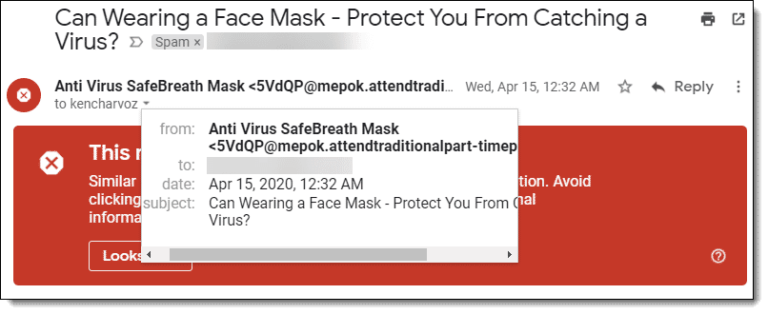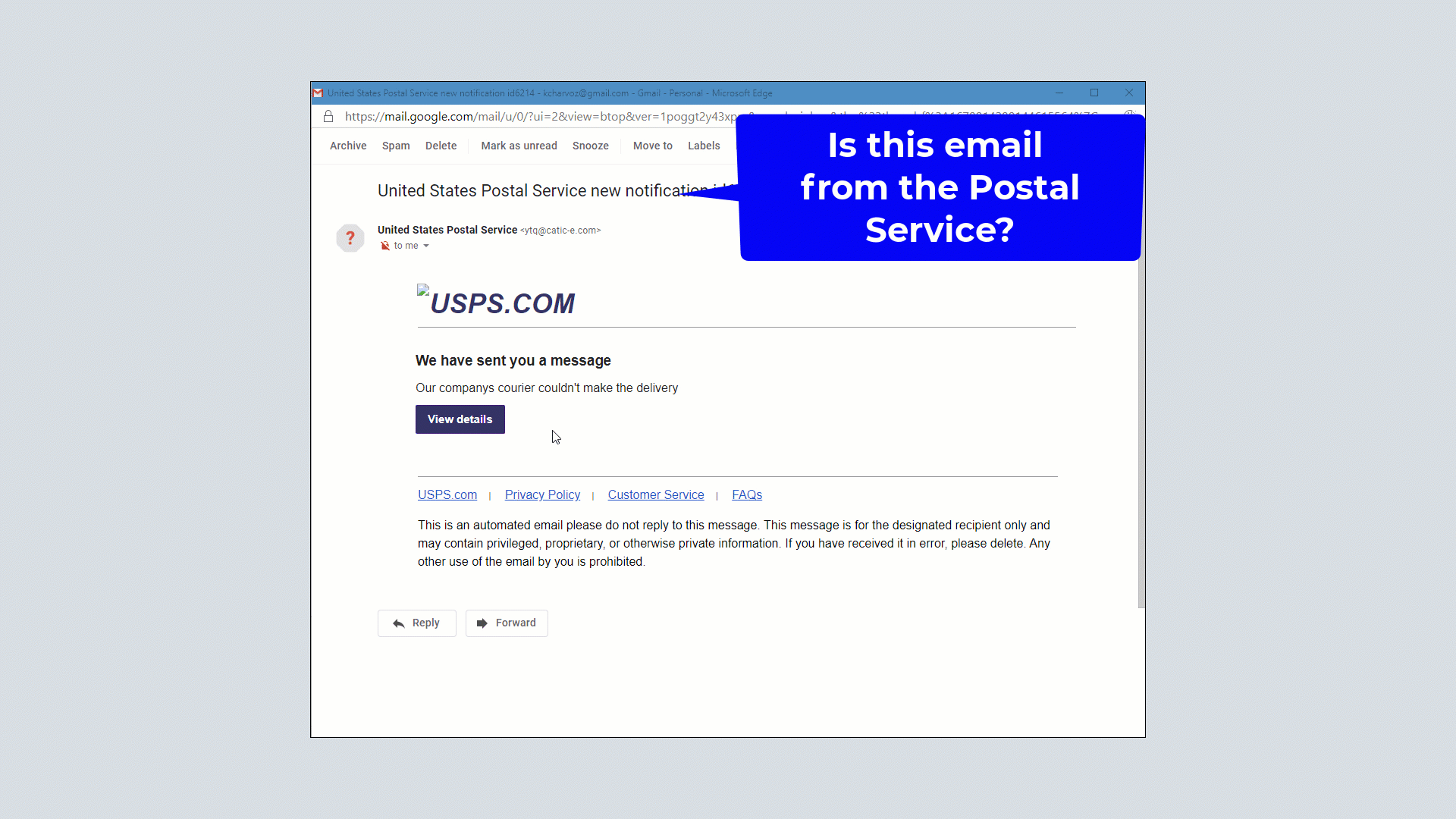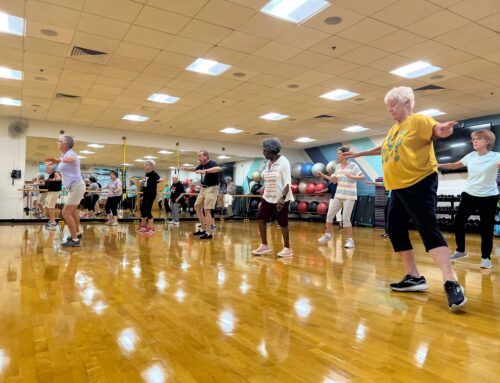You CAN avoid online scams and frauds – As seen on The Pulse of St. Louis
Oasis has a variety of educational resources to help you do so
St. Louis Oasis has held technology education classes since 2000 and online safety classes since 2004. Online safety is increasingly important as the number of scams and frauds facing Americans continues to grow exponentially. The biggest risk facing Americans of all ages is the belief that ‘it won’t happen to me.’
Our goal is to remind older people that they have plenty of life experience and really CAN avoid scams and frauds. The tried-and-true adages ‘There’s no free lunch’ and ‘If it sounds too good to be true’ really apply here. We suggest that when people are unsure whether to take action they stop and think before they take action and find a trusted person you can talk with when you are faced with a suspicious phone call, email, text message.
There are three primary reasons older people need a trusted person to discuss suspicious phone calls, email and or text messages with.
Reason 1:
According to a 2019 report by AARP, older adults hold the vast majority of wealth in the United States. Many older adults have retirement savings, paid off mortgages and pensions. If an older adult falls prey to a scammer they often have more money to lose than a younger person does.
Reason 2:
There are variety of scams that are designed just for older adults including Social Security scam, Grandparent scam, Funeral/Cemetery, Medicare scams, Reverse mortgage or homeowner scams and fraudulent anti-aging products marketed to older adults.
Reason 3:
Research from Cornell University and the Federal Reserve Bank of Chicago shows that older adults experience brain changes that can alter the ability to make sound financial decisions. Additionally, older adults often experience social isolation and being isolated from others makes people more vulnerable to exploitation. Having a trusted person who you can discuss financial decisions with is very important.
Who can you trust?
A family member or friend is always best. And since older people sometimes may not have a trusted family member or friend, we recommend a public librarian, financial advisor or employee at their financial institution.
How do you protect yourself from all of these scams?
Tactic 1: Trust your lived experience—if a phone call, email or offer feels ‘fishy’, is urgent, makes you feel scared or sounds too good to be true, take your time to respond.
Tactic 2: Make time to create strong passwords if you haven’t already. This video explains how to create strong passwords.
Tactic 3: Make time to examine the email address of the sender of every email.
On a PC click the email address so you can read the actual email address and not the display name.
On a smart phone or tablet you can tap on the email address to read the actual email address and not the display name.

Tactic 4: Examine and preview all links.
This image illustrates how to preview a link in an email on a PC and an email on a smartphone.

Tactic 5: Set up Two Factor Authentication
Two-factor authentication is a setting you can add to almost all online accounts that requires an additional piece of information on top of your password—to let you login to your accounts.
This video explains how to enable Two Factor Authentication.
That’s a lot of information! Take our free self-paced class the Oasis Connections Guide to Online Safety or check out our online Oasis Connections technology classes. If you have never taken an Oasis Connections technology class, please use the coupon code Pulse25
In fact, we have two classes coming up next week:
March 15th, 2022:
Protecting Your Data and Privacy
March 17th, 2022
The Dos and Don’ts of Online Relationships
St. Louis Oasis does offer a variety of other technology and cybersecurity classes. You can see all the technology classes St. Louis Oasis has to offer. You can also download our free tip sheet.
Amy VanDeVelde, Technology Education Manager at Oasis.






Leave A Comment